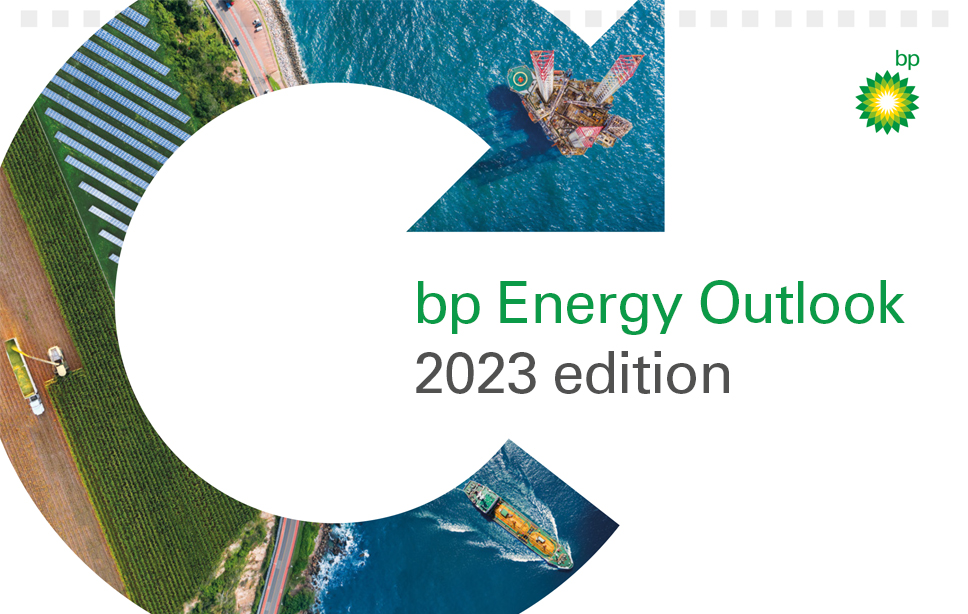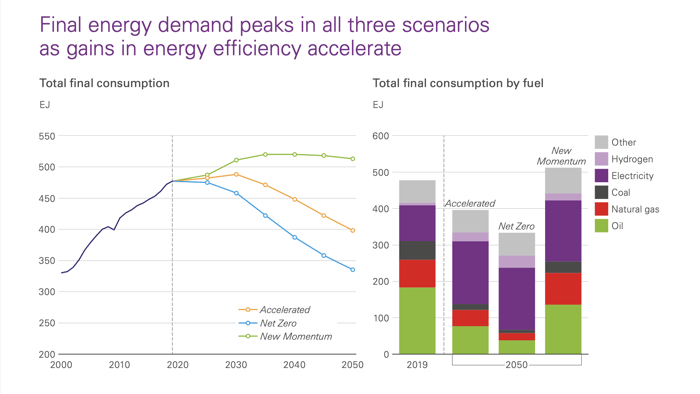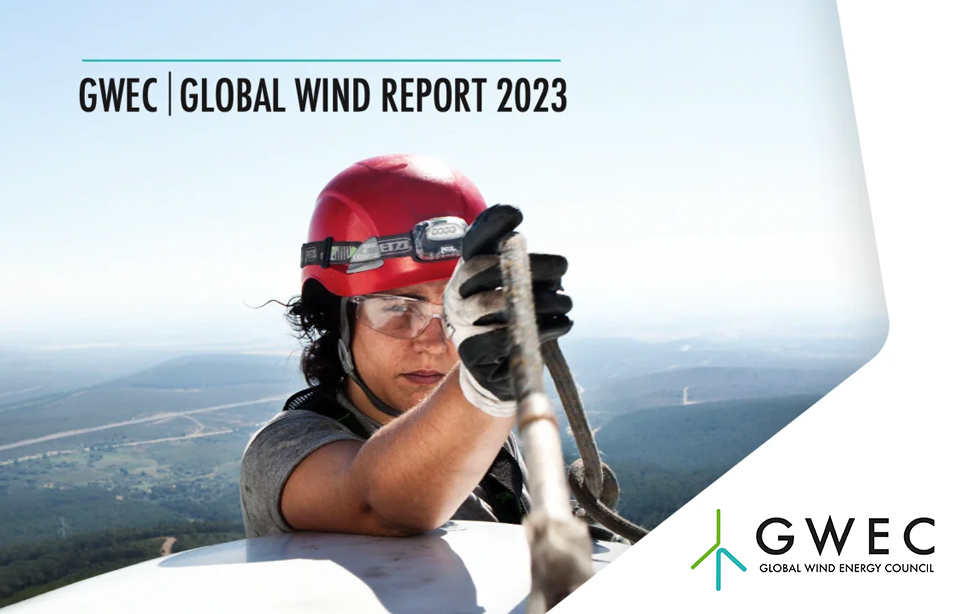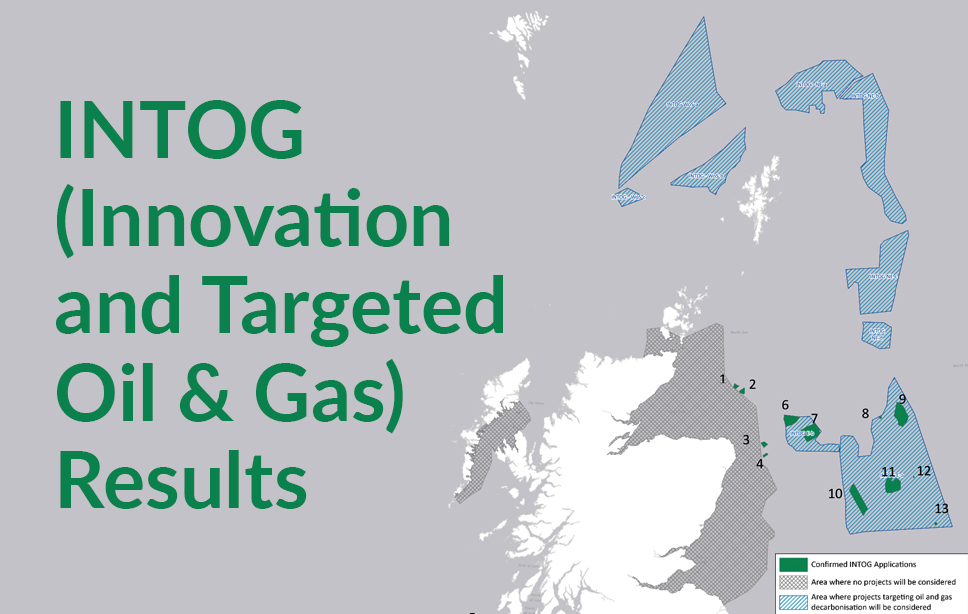
bp have published their Energy Outlook: 2023 Report. The report identifies their core beliefs about how the energy system may evolve over the next 30 years.
Some of the key beliefs highlighted are;
- The carbon budget is running out, CO2 emissions have increased almost every year since the Paris COP in 2015. The longer the delay in taking decisive action to reduce emissions on a sustained basis, the greater are the likely resulting economic and social costs.
- Government support for the energy transition has increased in a number of countries, including the passing of the Inflation Reduction Act in the US. But the scale of the decarbonization challenge suggests greater support is required globally, including policies to facilitate quicker permitting and approval of low-carbon energy and infrastructure.
- The disruption to global energy supplies and associated energy shortages caused by the Russia- Ukraine war increases the importance attached to addressing all three elements of the energy trilemma: security, affordability, and sustainability.
- The heightened focus on energy security increases demand for domestically produced renewables and other non-fossil fuels, helping to accelerate the energy transition.
- The structure of energy demand changes, with the importance of fossil fuels declining, replaced by a growing share of renewable energy and by increasing electrification. The transition to a low-carbon world requires a range of other energy sources and technologies, including low-carbon hydrogen, modern bioenergy, and carbon capture, use and storage.
Oil demand declines over the outlook, driven by falling use in road transport as the efficiency of the vehicle fleet improves and the electrification of road vehicles accelerates. Even so, oil continues to play a major role in the global energy system for the next 15-20 years.

Image Source: bp energy Outlook: 2023
- Oil demand declines over the outlook, driven by falling use in road transport as the efficiency of the vehicle fleet improves and the electrification of road vehicles accelerates. Even so, oil continues to play a major role in the global energy system for the next 15-20 years.
- The prospects for natural gas depend on the speed of the energy transition, with increasing demand in emerging economies as they grow and industrialize offset by the transition to lower carbon energy sources, led by the developed world.
- The recent energy shortages and price spikes highlight the importance of the transition away from hydrocarbons being orderly, such that the demand for hydrocarbons falls in line with available supplies. Natural declines in existing production sources mean there needs to be continuing upstream investment in oil and natural gas over the next 30 years
- The global power system decarbonizes, led by the increasing dominance of wind and solar power. Wind and solar account for all or most of the growth in power generation, aided by continuing cost competitiveness and an increasing ability to integrate high proportions of these variable power sources into power systems. The growth in wind and solar requires a significant acceleration in the financing and building of new capacity.
- Low-carbon hydrogen plays a critical role in decarbonizing the energy system, especially in hard-to-abate processes and activities in industry and transport.
- Low-carbon hydrogen is dominated by green and blue hydrogen, with green hydrogen growing in importance over time.
- Carbon capture, use and storage plays a central role in enabling rapid decarbonization trajectories.
A range of methods for carbon dioxide removal – including bioenergy combined with carbon capture and storage, natural climate solutions, and direct air carbon capture with storage – will be needed for the world to achieve a deep and rapid decarbonization.
Source: bp Energy Outlook: 2023

2 min read
Scottish Energy Strategy and Just Transition Plan
The Scottish Government has published their Draft Energy Strategy and Just Transition Plan. The primary aim of the new strategy is to detail how it...

1 min read
The Global Wind Energy Council (GWEC) have published their Global Wind Report 2023
The Global Wind Energy Council (GWEC) have published their Global Wind Report 2023. Some key takeaways from this years report are: Despite facing...

1 min read
INTOG results - 13 projects selected
Crown Estate Scotland has announced the results of the world's first leasing round aimed at facilitating offshore wind energy supply directly to...



